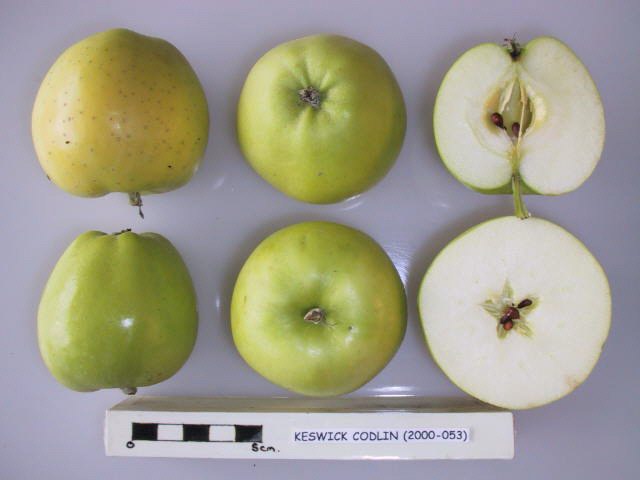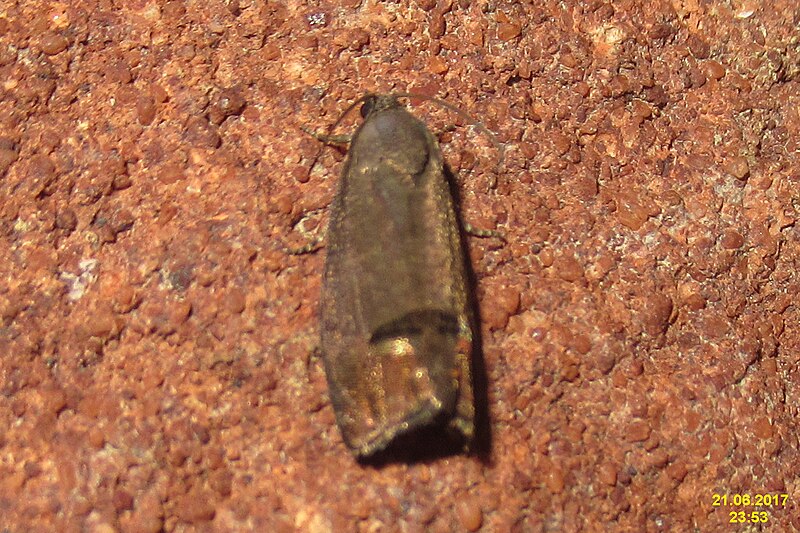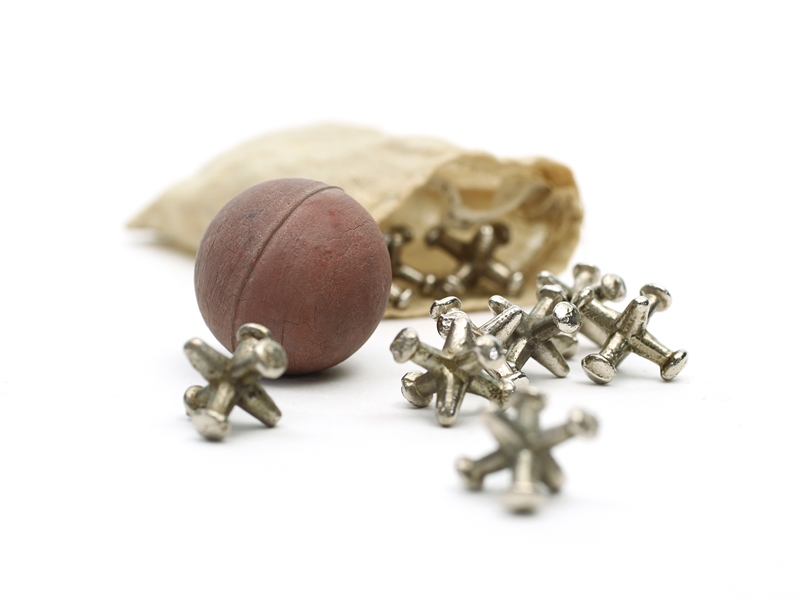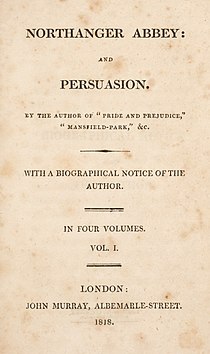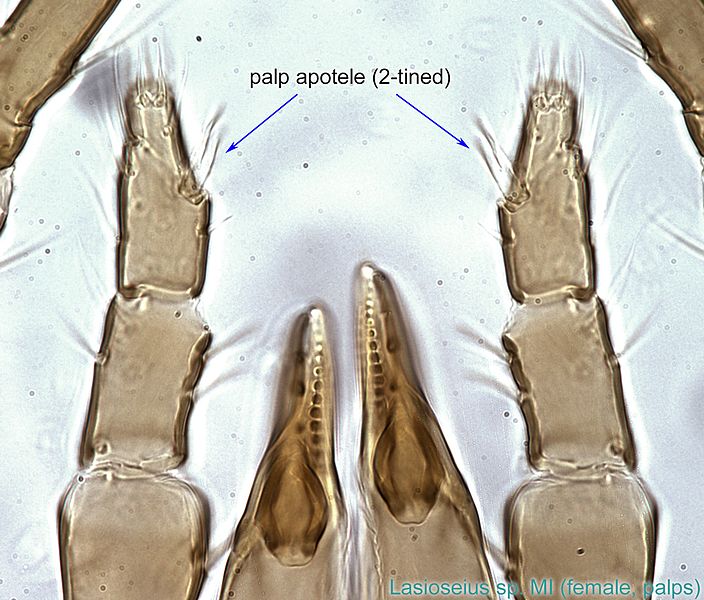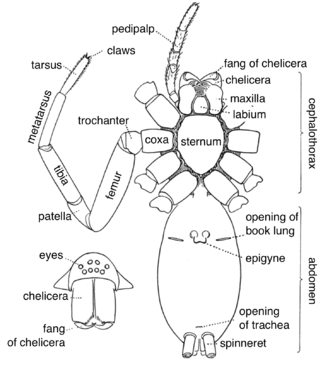Now, words starting oro- are quite often to do with mouths, as in orotund (speech made with a poshly rounded mouth) or oronasal (to do with the mouth-nose area).
So does orogeny describe some creature which gives birth through its mouth?*
Er, no. Orogeny, confusingly, is from oros, which is Greek for mountain. So, yes, orogeny is to do with the birth of mountains.
You've never even missed having a word for that, have you?
Sunday Rest: orogeny. I suppose geologists might have a use for the word orogeny. But only, obviously, among themselves.
The mouth words come from the Latin for mouth, which is ōs.
*I can't actually find an example of such a creature. Some fish keep their eggs and even their young in their mouths for safety, and there is a species of Australian frog which hatches its tadpoles in its mouth - but in both cases the mouth, strictly speaking, acts merely as a nursery.

The platypus frog






